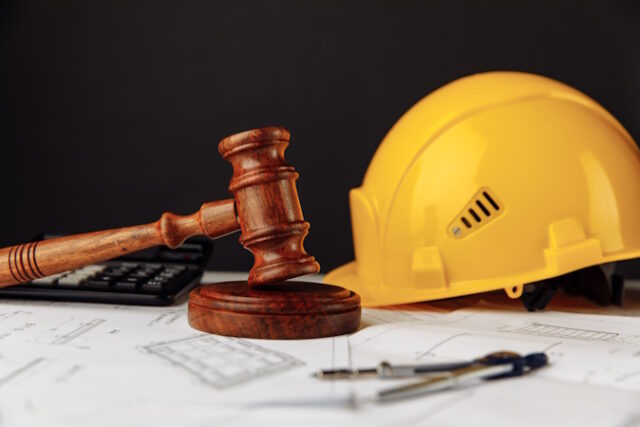
Construction projects involve many people and large sums of money. Depending on whether the project is big or small, it can involve contractors, companies, and many other individuals. Where there are several people, disputes are likely to arise.
Construction disputes may be caused by cost increases, payment issues, delays, or defects. These conflicts can cause the project to stall or even end prematurely. It’s important to solve the disputes before they escalate to enable the project to go on.
Construction attorneys are skilled in solving disputes and have several techniques for handling them. Here are three methods that these attorneys use to solve conflicts:
- Negotiation
Most construction stakeholders and lawyers prefer negotiation because it’s a cost-effective and convenient way to settle conflicts. It also helps to maintain positive relations between the conflicting parties. Negotiation may be included in a construction contract as one of the ways to solve a conflict. Where there is a formal clause, the conflicting parties have to sit down and come up with an amicable resolution themselves. If the dispute isn’t resolved within a few days, the project senior management may take up the matter and try to resolve it.
In cases where an agreement can’t be reached after these deliberations, it may be necessary to hire a lawyer. Attorneys are impartial third parties and can help the aggrieved individuals to arrive at the right solution. They’ll go through the contract documents to find out the source of the dispute. This may include miscommunication, poor site condition, pride, misinterpretation, or bad contract terms.
- Adjudication
Sometimes it might be important to resolve conflict quickly to enable a project to continue. Conflicting parties may decide to use adjudication if they want a legally binding agreement until a project is completed. The decision can be challenged after the end of the contract and resolved through other means.
An adjudicator should be a neutral third party such as a lawyer. These individuals may use surety bonds, especially in disputes involving large contracts. The bonds normally outline how the issuer, contractor, and project owner are planning to work together to complete the project.
Any default in the obligations can trigger the bond and cause the individual at fault to face consequences. Adjudication can be an ideal method for contractors who want to protect their cash flow and complete projects despite challenges. It ensures that there are no late payments, work defects, or disruptions.
- Mediation
A non-binding conflict resolution method, mediation can be used to solve issues between suppliers, project managers, subcontractors, and contractors. In this type of conflict resolution method, the mediator doesn’t make decisions for the parties but rather acts as a guide.
The mediator who can be a lawyer should also keep the emotions of all the individuals in check to prevent the disputes from spilling over. When selecting a mediator, it’s important to choose an individual well-versed in construction matters.
The chosen individual should also be a good listener, and help the aggrieved parties to reach a mutually beneficial agreement.
Construction disputes can affect a project’s completion timeline. It’s important to get these conflicts resolved on time to prevent them from affecting the construction project. The good news is that a construction lawyer understands the intricacies of these disputes and can help you arrive at the best solutions.
Disclaimer
The information contained in South Florida Reporter is for general information purposes only.
The South Florida Reporter assumes no responsibility for errors or omissions in the contents of the Service.
In no event shall the South Florida Reporter be liable for any special, direct, indirect, consequential, or incidental damages or any damages whatsoever, whether in an action of contract, negligence or other tort, arising out of or in connection with the use of the Service or the contents of the Service. The Company reserves the right to make additions, deletions, or modifications to the contents of the Service at any time without prior notice.
The Company does not warrant that the Service is free of viruses or other harmful components












